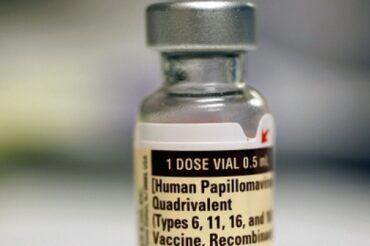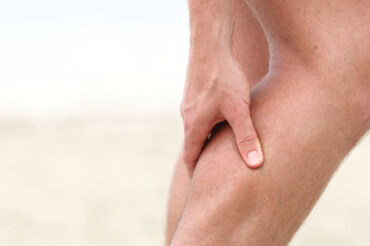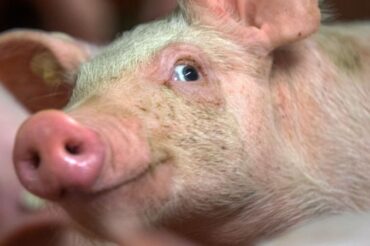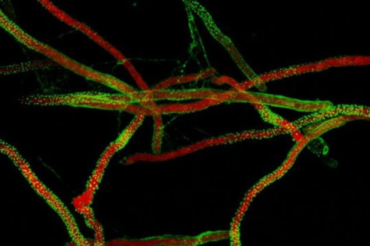Australian researchers report breakthrough in treatment of peanut allergy
(Agence France-Presse) — Australian researchers have reported a major breakthrough in the relief of deadly peanut allergy with the discovery of a long-lasting treatment they say offers hope that a cure will soon be possible.
In clinical trials conducted by scientists at Melbourne’s Murdoch Childrens Research Institute, …
Cases of HPV-related oral cancers have risen significantly in Canada, study finds
(Canadian Press) — The proportion of oral cancers caused by the human papillomavirus has risen significantly in Canada, say researchers, who suggest the infection is now behind an estimated three-quarters of all such malignancies.
In a cross-Canada study, published Monday in the Canadian Medical Association Journal, the researchers …
Study finds 1 in 8 Americans struggles with alcohol abuse
(CNN) — Americans are drinking more. A lot more. According to a new study published in JAMA Psychiatry, an estimated one out of every eight Americans struggles with an alcohol disorder.
The study tracked drinking patterns among 40,000 people between the years of 2002 and 2003, and then again from 2012 to 2013 to create a long-term picture …
Loneliness will kill you faster than obesity, study says
(New York Post) — Loneliness is deadlier than obesity and should be considered a public health risk, experts have warned.
Those with bad social connections have a 50 percent increased risk of early death compared to those with good social connections, a review of studies on loneliness suggests.
Researchers in the US looked at 218 studies …
The many ineffective ways we treat nocturnal leg cramps
(Science-Based Medicine) — If you’ve ever experienced the pain of a charley horse, then you’ll have an idea of what about half of all adults over the age of 60 experience – nocturnal leg cramps. A nocturnal leg cramp can occur in the leg or foot, and is a painful and sudden tightening of a muscle that can last from seconds to minutes, and can …
Scientists edit pig genome with goal of human organ transplants
(CNN) — Pigs may someday provide organs for human transplant surgeries, yet more than a few obstacles must be overcome first.
Using the genome-editing technology CRISPR, scientists deactivated a family of retroviruses within the pig genome overcoming a large hurdle in the path to the transplant of pig organs into humans.
Transplantation …
Children who sleep less may age faster at a cellular level
(New Scientist) — A lack of sleep doesn’t just turn children into a grumpy handful, it may also accelerate their cellular ageing – a process that could have long-term health effects.
Telomeres – the caps at the ends of our chromosomes – get shorter every time our cells divide, and when they get too short, it is thought that cells are no longer …
Sperm counts down 50% in last 40 years: study
(The Guardian) — Sperm counts among men have more than halved in the last 40 years, research suggests, although the drivers behind the decline remain unclear.
The latest findings reveal that between 1973 and 2011, the concentration of sperm in the ejaculate of men in western countries has fallen by an average of 1.4% a year, leading to …
Scientists find new way to attack antibiotic-resistant lung infections
(CBC News) — Canadian scientists have discovered a possible way to break through the defences of some antibiotic-resistant respiratory infections.
It’s hoped that the findings could someday benefit people with cystic fibrosis and other chronic lung diseases who are at greater risk of infections.
The research looked at biofilms …








